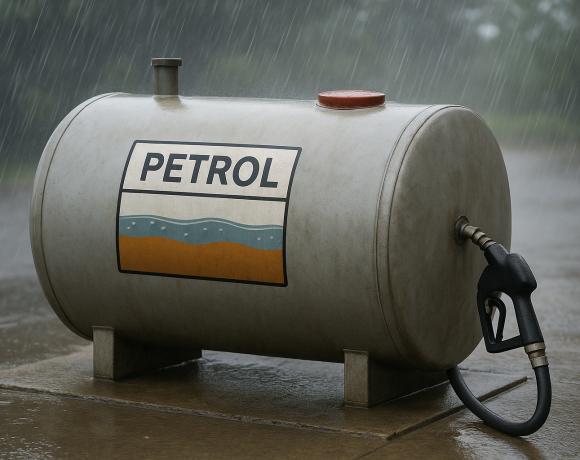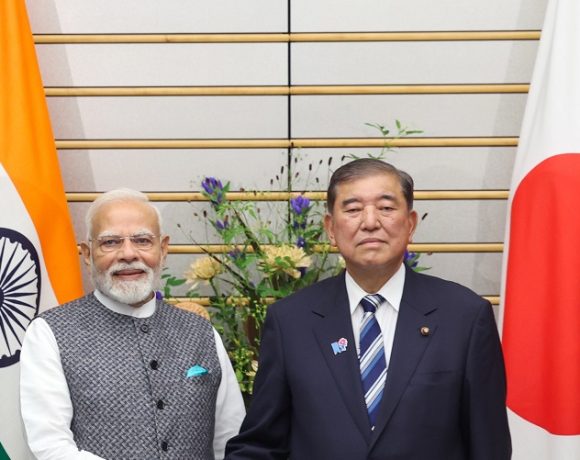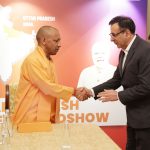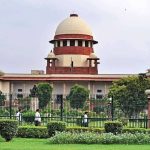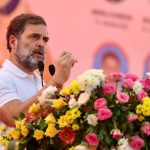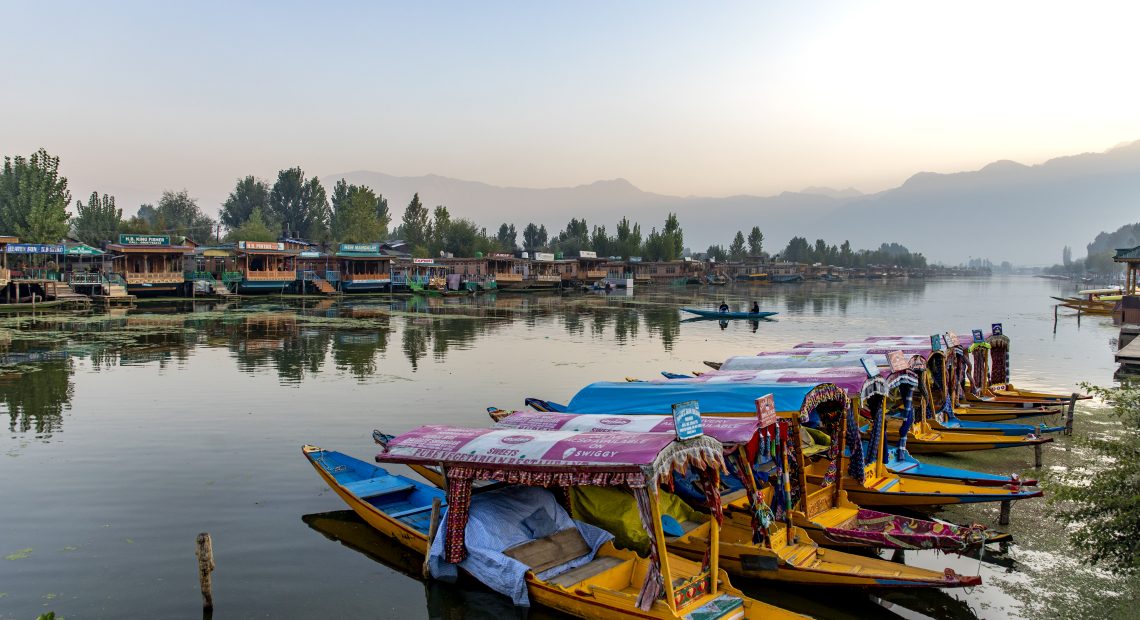
Kashmir’s Tragedy: When Stones Are Worth More Than Saddle Rides
The recent Pahalgam terror attack that left 26 tourists dead wasn’t just another bloody statistic in Jammu and Kashmir’s three-decade-long saga of violence—it was a gut punch to whatever remnants of normalcy the region was rebuilding. What followed, however, was unexpected. For the first time in years, Kashmiris observed a shutdown not against security forces, not against New Delhi’s policies, but against the terrorists. Slogans like “Tourists are our life” echoed in what is perhaps the most bitterly ironic valley on the planet. But one has to ask: if tourism feeds your stomach, why do some still pelt stones to help terrorists escape?
This is not a question of economics—it’s a question of conditioning, of decades of radicalization that have convinced too many that nationalism is betrayal, and terror is resistance.
Let’s start with the basics. A pony ride operator in Pahalgam or Sonmarg can earn anywhere between ₹2,000 to ₹7,000 a day in peak season. Shikara rides in Dal Lake fetch similar figures. The hospitality industry—from budget lodges to luxury houseboats—directly employs thousands. Entire families depend on tourism, a sector that generates over ₹1,200 crore annually for the UT. Yet, time and again, this golden goose is shot down by those who claim to love the Valley.
The same youth who guide tourists in the morning are often found in the evening lobbing stones at Army convoys or blocking roads to disrupt counter-insurgency operations. In 2017 alone, militants escaped at least 13 times thanks to stone-pelting mobs. OGWs—Over Ground Workers—coordinate these diversions, sometimes paying ₹5,000 a month to youth for a few well-aimed rocks. You read that right. A day’s pony ride earns less than a day’s protest.
So what makes a person choose a rock over a rupee?
It starts with the poison of ideological indoctrination. Generations have grown up listening to sermons that label India as an occupier, terrorists as martyrs, and tourism as infiltration. Schools fail to counter this narrative. Local politicians fuel it when convenient. The result is a young mind that doesn’t see a tourist as a customer but as a “settler,” a threat to their imagined nation.
Even when the economy suffers, the outrage is selective. A pellet injury caused by a CRPF jawan sparks weeks of media coverage and street protests. But a tourist couple burned alive in their car? Silence. Migrant laborers shot in the back while painting a wall? No candle marches. No slogans. No hartals.
This silence is not passive—it’s political. Because in Kashmir, opposing terrorism is dangerous. Families that support India are hounded. Youths who want peace are threatened. Society whispers in fear, and silence becomes complicity.
But silence isn’t the worst part. It’s the glorification of death that truly shames Kashmir. A teenager who dies in a mob clash becomes a local hero. His funeral is a procession of martyrdom. His story is spun as resistance. Never mind that he was trying to help a LeT operative slip through a cordon. No one writes songs for the ponywallah who died of heart failure after being extorted by terrorists. There is no shaheed status for the innocent shikara rider who lost bookings because of another bandh.
Politicians have played their part. PDP, NC, Hurriyat—they’ve all built their careers double-speaking: pro-peace in Delhi, pro-Azadi in Srinagar. They peddle hope to separatists and development to the Centre, managing to fool both while fixing neither. It’s this duplicity that’s radicalized youth far more than any Pakistani handler ever could.
And so we arrive at the ultimate betrayal. Kashmiris have not been betrayed by India. They’ve been betrayed by their own blindfolded belief in a fantasy of freedom that doesn’t exist. They are betrayed by a leadership that romanticizes violence while their own children rot in prison or graveyards. They are betrayed by a society that teaches martyrdom before mathematics.
To every Kashmiri youth reading this: your dream of freedom is not noble, it’s naïve. It’s not a revolution, it’s a recycle bin of failed bloodshed. Your pony earns more than your stone. Your tourist is not an enemy, he’s your livelihood. You don’t need to die for an imaginary border. You need to live for your real future.
Because here’s the truth no separatist will tell you: Pakistan doesn’t want your freedom. It wants your land without your people. India, despite everything, still offers you the chance to make something of your life. But that window is closing. Fast.
And when that last tourist packs his bag, not because of snow, but because of blood on the streets—you won’t just lose revenue. You’ll lose relevance.



